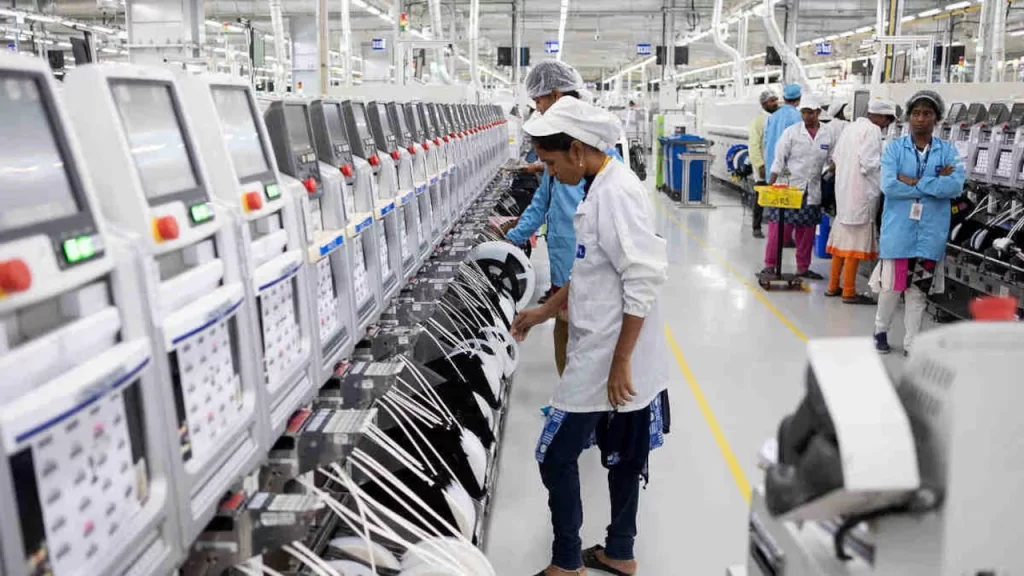In early August, the authorities of India suddenly restricted the imports of laptops, tablets, and server equipment that were manufactured outside the country. This decision initially confused market participants, but after discussions, the authorities agreed to postpone the implementation of these restrictions until November 1st.
In an interview on August 31 with an Indian television channel, Ashwini Vaishnaw, India’s Minister of Information Technology, stated that at least 32 companies have already consented to participate in the government-led programme to localise the production of laptops and tablets. He said that many major IT firms, including HPE (which supplies server equipment), Dell Technologies, Asus, Acer, and Lenovo, are considering moving production of laptops and other licensable electronic goods to the country. The localisation programme is anticipated to attract up to $294 million in additional investments and generate 75,000 production-related employment. Over six years of programme implementation, the combined revenue of local businesses is anticipated to reach $40.5 billion.
Bloomberg adds that the Indian authorities are prepared to allocate $2.1 billion to subsidise the localisation of laptop, tablet, and server equipment production. Companies that establish the production of the specified products within India’s territory can receive up to 5% compensation for each device’s manufacturing cost. Additionally, local supply of components will also be encouraged. Among the 32 applicants for the program, there are also local companies.

Under this program, subsidies will begin to be provided to individual companies next year. Apple has not yet applied to participate in the program, but its main contractor, Foxconn, has done so. The distribution of subsidy funds may be uneven, as shown by the implementation practices of similar programs for localising smartphone production. Companies capable of rapidly increasing production volumes tend to benefit. The authorities will impose specific requirements on subsidy recipients regarding production expansion rates; if they do not meet the schedule, the subsidies may be reduced by 10%.
IDC data shows that only 25% of laptops sold in India are domestically manufactured. In the last quarter, American company HP Inc. controlled 31.1% of the local PC market, Chinese company Lenovo ranked second with 16.2%, and American company Dell Technologies held the third position with 15.3% of the market. The country heavily relies on imports in this sector, so the transformations planned by the authorities are met with concern by many industry representatives.

